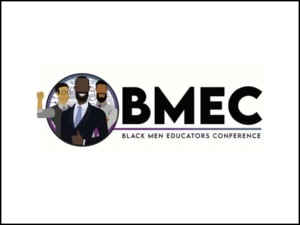Educational Dilemma: Rigor v Relevance
We argue about testing in the US, but the focus on and stakes related to testing is much higher in China and India where the tip of the human funnel is the 12th grade exam; to a large life options hang in the balance. In the US, there are lots of options and second chances; not so in India and China. As a result, the singular secondary focus is marks leading to success on the exit exam.
Yesterday, I visited an expensive private school in Hyderabad. The International Baccalaureate Primary Years Program looked familiar and rich. I dropped in on a primary teacher staff meeting that was informed by student work.
However, it was a different picture in the middle grades where the school abandoned IB for the Cambridge curriculum. Students sat in rows quietly plowing through workbooks while teachers sat at their desk. It was among the most stifling middle grade programs I’ve ever seen.
Parents aren’t oblivious to the boredom. The school included nearly a third non-resident Indians back in country for a stint at Microsoft or Oracle. We met girls from Detroit, DC, and Denver. The Head of School spoke to the constant ‘rigor v relevance’ dilemma, but said test scores easily tipped the scale.
Ted Sizer was the first Head of School that I met that espoused the ‘test scores will take care of themselves’ philosophy—and ran school good enough to prove it. Larry Rosenstock at High Tech High has also proven this point, but it’s interesting to note that HTH now has an SAT prep focused math program.
Test scores have gravity. When high stakes are applied, it’s hard not to resort to a test-prep curriculum. It takes confident and skilled instructional leadership to focus on a few important learning goals and, as Sizer would say, ‘let test scores take care of themselves.’ I remain committed to the idea that we can build rich instructional systems around fewer, clearer, higher standards—systems that incorporate content-embedded assessment (e.g., score from a learning game), performance assessment (e.g., essays and projects), adaptive assessment (e.g., quick online quizzes), as well as summative assessment—that promote rather than detract from engaging personalized learning experiences. The next few months will be an important turning point in many of the United States; assessment will either get better or we’ll lock in another generation of bad tests will bad results. It will take confident and skilled instructional and political leadership to make a turn for the better.






Thomas K Vaidhyan
You hit it spot on ! Indeed the focus on test scores get so overwhelming that education itself becomes test score oriented than application or knowledge based. This in turn is the bane of Indian education (at least as I knew it ) in as much as its products having to to de-learn, re-train and re-orient when they come to schools here or enter the corporate world.
Like you rightly said hope our leadership will be able to change our focus here to the kind of assessment you have rightly prescribed.
In that context one of the things that confound me as a layman is why extremely engaging and collaborative learning best practices like the Montessori method ( where even at elementary school level they have a self paced/teacher facilitated system, make their own daily work plans they adhere to ,work hands on and collaboratively mostly project based and mentor their juniors - since the classes are in 3-6, 6-9 , etc age groups - are not blended into our school system more pervasively.